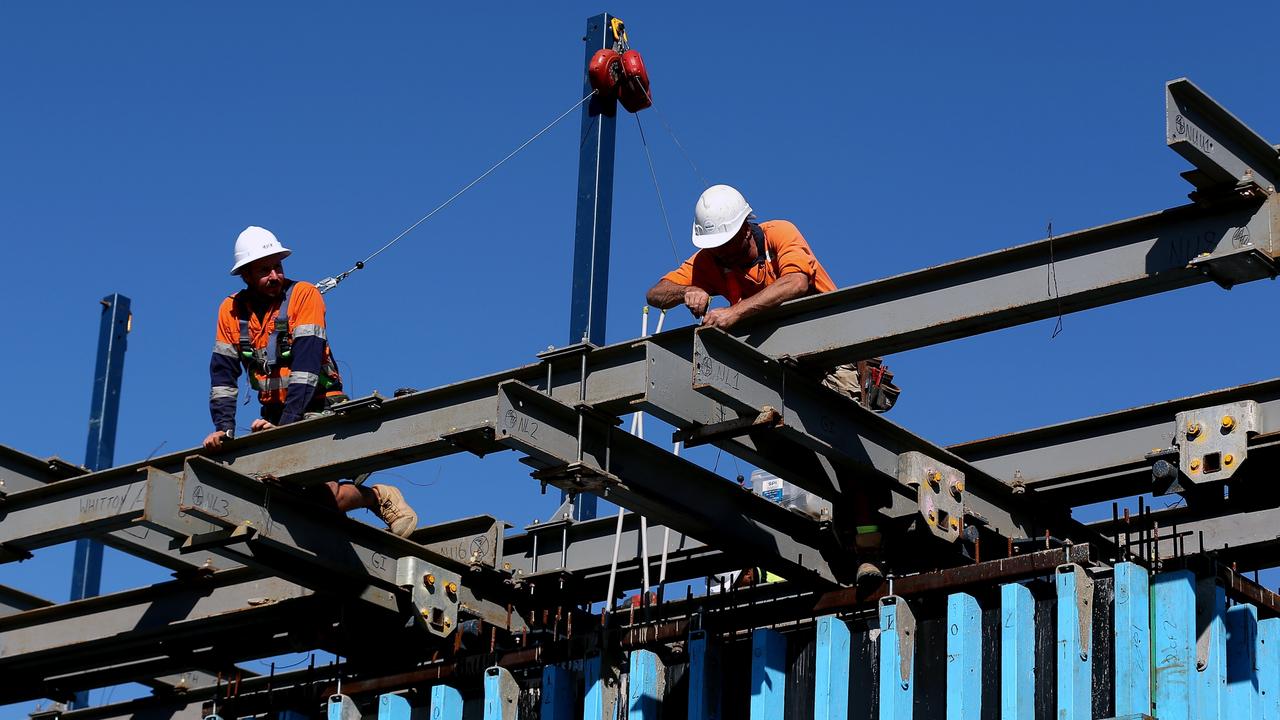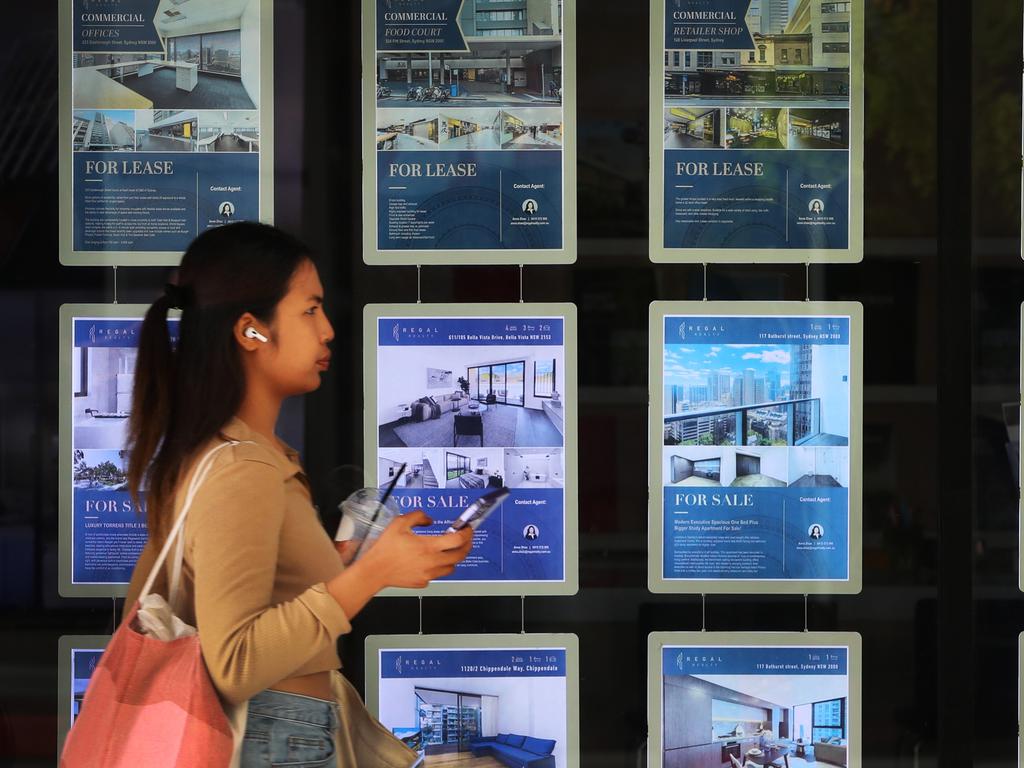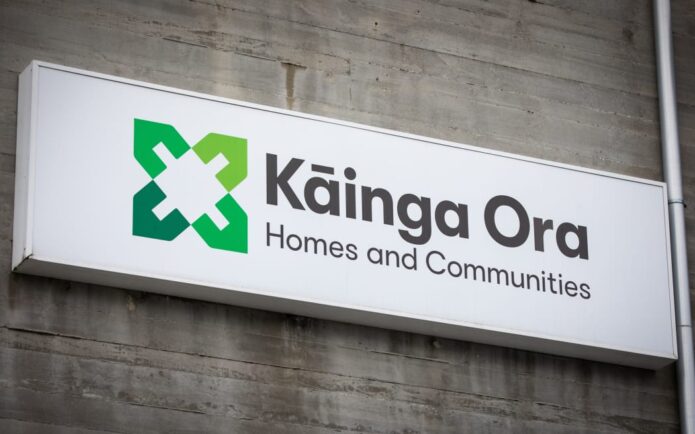PHOTO: FILE
After an extraordinary year that saw remarkable developments in nearly all housing markets across Australia, experts are now providing their predictions for the future. Despite facing record-high home prices, a challenging cost-of-living crisis, the potential for additional interest rate hikes, and uncertainties surrounding both domestic and global economies, experts surprisingly offer an optimistic outlook for Australia’s property markets in the upcoming year.
Data researchers and economists from the major four banks have shared their forecasts for real estate price movements in 2024, all indicating sustained growth despite various negative factors. In the previous year, national home prices increased by over five percent, while in capital cities, real estate costs surged by approximately 10 percent.
The historic scarcity of housing clashed with robust demand from buyers, sparking intense competition nationwide and driving prices upwards.
What the big four banks expect in 2024
| Bank | Forecast |
| Commonwealth Bank | 5% |
| Westpac | 6% |
| ANZ | 6% |
| NAB | 5.4% |
Westpac’s senior economist, Matthew Hassan, characterized the robust performance of major markets across the country as an “uncanny rally,” noting an unusual price-led upturn that persisted despite high and rising interest rates and relatively subdued turnover. Although there has been a slight moderation in recent months, prices in the five main capital cities are expected to conclude the year with a roughly 10 percent increase for 2023, with Brisbane, Perth, and Adelaide standing out as top performers.
The reversal of fortunes was stark, as Commonwealth Bank’s head of economics, Gareth Aird, pointed out that soaring interest rates led to a more than seven percent decline in home prices in 2022.
A variety of factors, including historically low dwelling supply, soaring demand, increased population growth, and heightened activity from foreign buyers, contributed to the sustained upward pressure on home prices throughout the previous year.

Australia simply isn’t building enough new homes to satisfy demand. Picture: Getty
Looking ahead to 2024, analysts anticipate intense conditions in virtually all real estate markets, whether one is buying, selling, or renting. Cheaper markets like Brisbane, Adelaide, and Perth are expected to maintain resilient conditions and exhibit strong annual growth.
Research from PropTrack indicates that rising property prices will continue to be a prominent feature in the upcoming year, with certain cities experiencing higher increases than others. Factors such as strong demand and limited new housing construction are expected to contribute to price gains, albeit at a slower pace than the previous year.

Demand is likely to remain elevated but some dwelling types will perform particularly well, experts say. Picture: Getty
PropTrack forecasts a national increase in home prices ranging from one to four percent, with Perth leading the capital cities with projected growth between five and eight percent. Adelaide is also poised for robust increases, ranging from four to seven percent, while Brisbane is expected to see growth between three and six percent.
Sydney, despite affordability challenges, is predicted to maintain relatively strong growth, with an expected range of two to five percent. In contrast, Melbourne is likely to experience more subdued activity, with growth predicted at one to four percent.
Smaller capitals like Canberra, Hobart, and Darwin may fare less favorably, with either slight declines or very modest gains projected for the coming year.
The trajectory of interest rates in the coming months is identified as a key factor influencing housing market performance, with the potential for further rate increases affecting buyer and seller sentiment. However, anticipated tax reforms in July are expected to provide additional funds for property spending.
Forecasts from the big four banks—Commonwealth Bank, Westpac, ANZ, and NAB—generally align in expecting continued home price growth throughout the year, though increases are not expected to be uniform.
Despite signs of momentum slowing, Commonwealth Bank forecasts national home price growth of five percent in 2024. Westpac is slightly more optimistic, predicting a six percent increase, with Perth, Brisbane, Sydney, and Adelaide expected to see the biggest increases.
ANZ also anticipates a six percent increase in home values at a national level, citing a severe shortage of housing as a key factor supporting prices. NAB forecasts a 5.4 percent increase in home prices across capital cities, with Brisbane leading the way at 6.5 percent growth.
Nerida Conisbee, chief economist at Ray White, anticipates a particularly strong year for the luxury apartment market, attributing the demand to changes in the types of apartments being built in Australia over the past decade.
Despite a robust 2023, CoreLogic expects a more subdued housing market in 2024 due to several metrics indicating a deterioration. The pace of capital growth has eased, transaction volumes have declined, and auction clearance rates have softened since June. Factors such as an expected rise in the unemployment rate, slowing GDP growth, and higher interest rates may contribute to a more challenging environment, potentially leading to a decline in overall housing market activity.
SOURCE: NEWS.COM.AU











